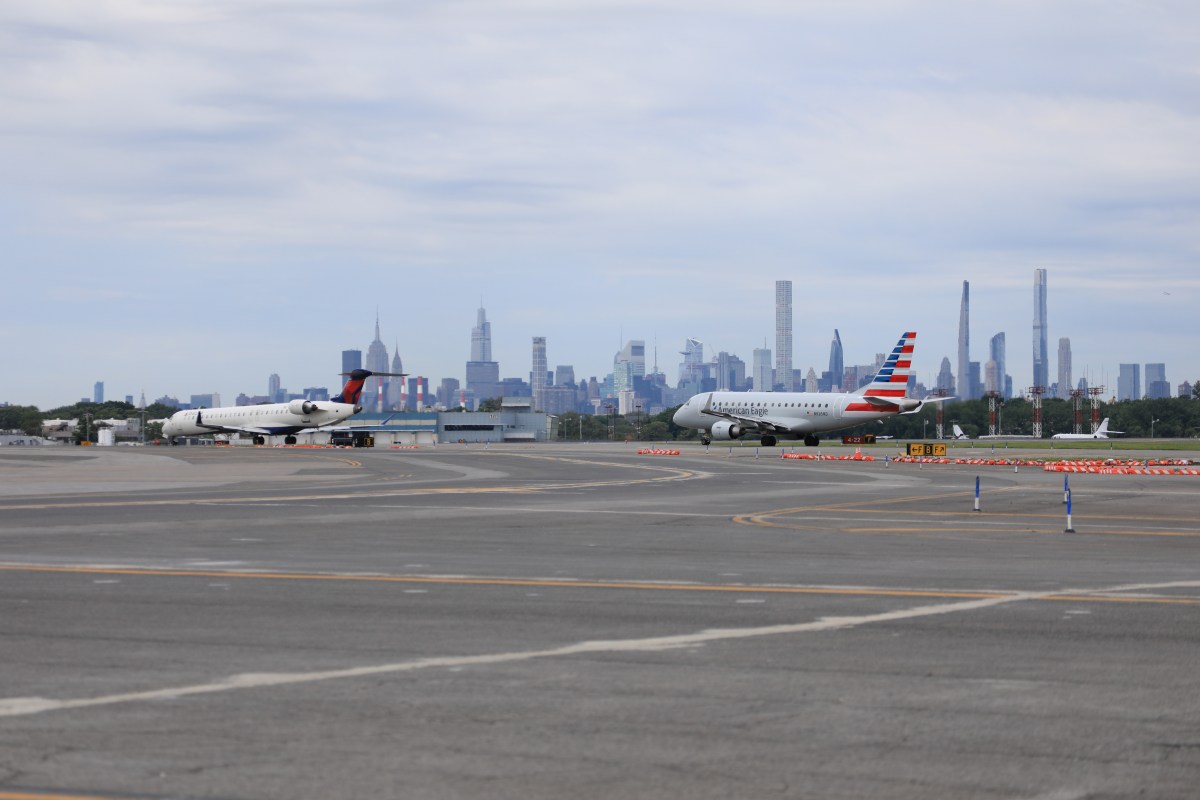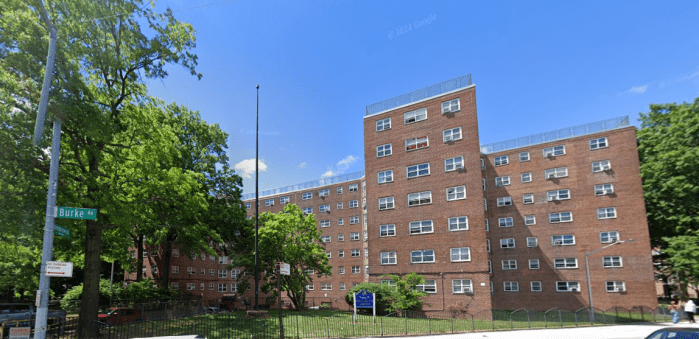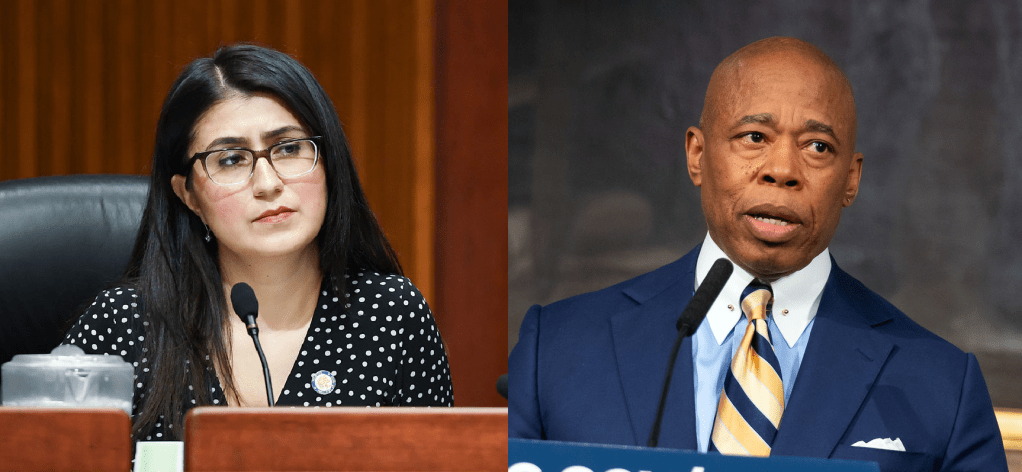By Albert Amateau
The New York State Assembly voted 93 to 43 shortly after midnight on Monday in favor of a six-month moratorium on hydrofracture gas drilling in the state.
The vote during the last minutes of the legislative session this year, follows a similar moratorium passed by the state Senate in the summer. The resolution needs the signature of Governor Paterson to ban the process known as fracking until May 15 of next year.
Paterson is expected to sign the moratorium soon.
“Even with the tremendous revenues it would bring in, we’re not going to risk public safety or water quality,” Paterson said last week in an interview on fracking.
Welcomed by city officials and environmental advocates as an important but stopgap measure that protects New York City’s Delaware-Catskill watershed from potentially toxic chemicals, the moratorium was denounced by gas and oil companies as “a job killer, an Upstate business killer and potentially an industry killer.”
But Assembly Speaker Sheldon Silver said on Tuesday, “I will not let anything stand in the way of making sure all New Yorkers have clean, safe water. By preventing hydrofracking from moving ahead without careful study, we have protected our water supply and served notice to the industry that the health and safety of New Yorkers is our top priority.”
City Council Speaker Christine Quinn said in a joint statement with James Gennaro, chairperson of the City Council’s Environmental Committee, that the moratorium was an important step forwarding protecting New York City’s drinking water. The Council last year called for a ban on fracking in the watershed area, which supplies 90 percent of the city’s drinking water, all of this unfiltered. The other 10 percent of the city’s drinking water passes through a Bronx filtration plant. The temporary moratorium goes further and bans the drilling process throughout the state.
Fracking involves horizontal drilling into the Marcellus shale formation, which lies more than 5,000 feet beneath New York State’s 27 Southern Tier counties near the Pennsylvania border, including the six counties that include New York City’s watershed.
The process calls for injecting millions of gallons of water laced with a cocktail of toxic chemicals under high pressure to fracture the formation, releasing natural gas trapped in the shale.
“It is the first time any state in the country has passed any kind of moratorium on this gas drilling technique,” Quinn said. “As accounts of contaminated water, soil and air due to hydraulic fracturing come in from across the country, New York is in a unique position to show much-needed leadership on this issue,” Quinn said.
But the Independent Oil and Gas Association of New York on Tuesday called on Governor Paterson to veto the moratorium, which could halt all fracking for natural gas in the state, not just in the Marcellus formation.
“It could result in the potential loss of 5,000 industry jobs, threaten the future of more than 300 businesses and temporarily eliminate $1 million in annual revenue that the state collects from traditional drilling permit fees,” the association said in a statement. “Hundreds of millions in lease payments and royalties to landowners and tens of millions in tax revenues to local towns and counties in the state also will be lost during this moratorium,” the association said.
However, Ling Tsou, a Lower Manhattan resident for 40 years, said she became convinced in the summer of 2009 that fracking was a public health danger and not the economic boon that supporters claim it is.
“It’s not an Upstate-Downstate issue,” she said on Wednesday. “If you count the expense of cleaning up after accidents and repairing the roads that will be damaged by heavy truck traffic, and add up all the other costs, it’s not such a great economic benefit. We should explore more sustainable and environmentally safe energy,” she added.
While oil and gas advocates say that drilling has been done safely for years in the state, Silver said, “When it comes to keeping pollution and dangerous chemicals out of our water, there is simply no acceptable level of risk.” Silver thanked Assemblymember Robert Sweeney of Long Island for sponsoring the moratorium and organizing its passage this week.
Assemblymember Deborah Glick was among the co-sponsors of the bill, which also had the support of Manhattan Borough President Scott Stringer.
In September 2009 the state Department of Environmental Conservation issued for review an 809-page draft supplemental generic environmental impact statement on hydrofracking rules. But New York City officials and environmental advocates protested that the guidelines were largely written by gas drilling companies.
Last April, D.E.C. decided to remove the New York City watershed and the Syracuse watershed from the generic fracking review and required gas drillers in those watersheds to undertake supplemental environmental reviews for each well.
Environmental advocates acknowledged that although the D.E.C. decision would discourage fracking in the two watersheds, there was nothing to stop the agency from issuing a subsequent executive decision including the watersheds in the review once it is final.
The federal Environmental Protection Agency has been holding hearings over the past year preparing for a nationwide report assessing the safety of hydrofracking. A science panel is expected to draft the report early next year and complete it in 2012. Silver has said that he favors a statewide ban on fracking until the E.P.A. issues the final report.






































